Every morning, I travel from Malir to Korangi, witnessing a recurring scene that reflects a deeper issue within our city. No matter which routes my journey takes, I find myself greeted by the same unwelcome sight: heaps of garbage lining the streets. Karachi, once fondly known as the “City of Lights,” now battles to clean and healthy, with many referring to it as a large, noxious part of the planet. But why has it come to this?
The answer lies right before our eyes on the streets, in open drains, beside railway tracks, around government buildings, and even near hospitals. Unfortunately, near colleges and school where we teach the pupils “Cleanliness is half of the faith”. Waste, which should be managed efficiently to ensure a breathable environment, accompanies us daily in the form of overflowing piles and clogged sewers. The situation worsens when citizens and informal waste pickers burn the garbage in open spaces, releasing not just foul odours but also toxic gases that threaten our health.
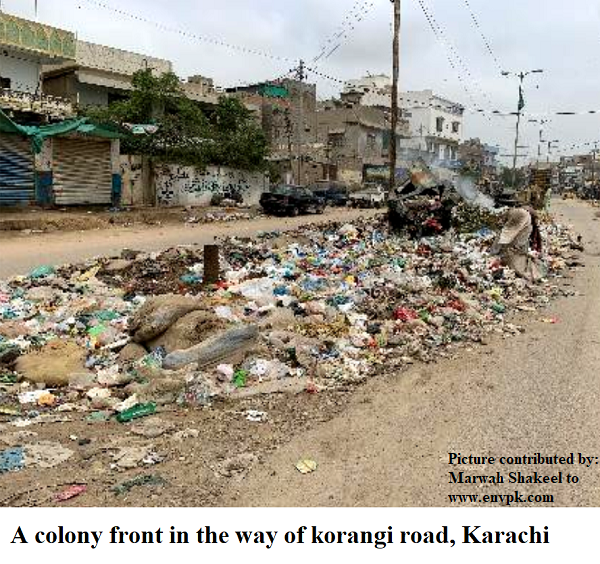
In a brief interview with an Afghan trash picker, his candid response highlighted the grim reality: “Aray baji, kahan phenke? Jahan kachra nazar ata hai, wahan dher laga deta hoon. Plastic ka cheez bech leta hoon, kagaz jala leta hoon.” (“Where should I throw it, sister? Wherever I see garbage, I pile it up. I sell the plastic and burn the paper.”)
Check out: Need for Trees in Karachi – Importance and Benefits Of Trees
Land/Soil Pollution In Pakistan- Causes, Effects and Solution
Are we, as citizens, content with turning our city into a sprawling dump, building pyramids of trash that will never become landmarks like those in Egypt? Wondering, if garbage has any charm of tourism that we are promoting happily. Every time Karachi’s waste crisis makes headlines, political parties engage in a blame game, pointing fingers over resource mismanagement. Temporary cleanup campaigns emerge, only to fizzle out, leaving us back at square one.
But should we blame the government alone? The harsh truth is that we, the citizens, are the primary contributors to this problem. Karachi generates approximately 12,000 tons of waste daily, much of which ends up on streets simply because people discard trash carelessly, unchecked by any fear of penalties.
Consider Sweden, a country renowned for its waste management efficiency. They have perfected recycling to the extent that they import waste to keep their recycling plants operational. Indonesia offers another inspiring example, where waste is exchanged for free healthcare services. These nations have turned waste management into both an environmental and economic asset.
What lessons can we learn from these global examples? Implementing comprehensive waste management strategies, investing in modern municipal equipment, and enforcing strict penalties for littering are crucial steps. Additionally, promoting recycling and recovery methods from sanitary landfills to pyrolysis can transform waste from a civic nuisance into a national resource.
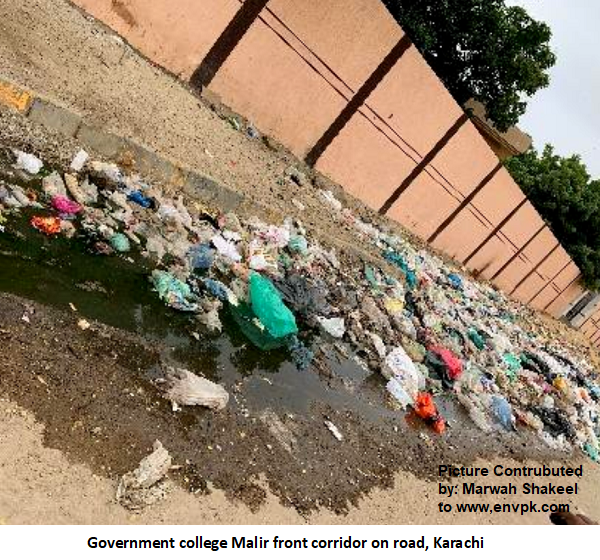
Improved waste management wouldn’t just beautify Karachi; it could boost Pakistan’s national income and elevate our Environmental Performance Indicators. It’s time to shift from passive complaints to active responsibility. Let’s recycle, reduce, and reuse. Let’s bring back the true essence of Karachi, the City of Lights, by owning our garbage not as a burden, but as an opportunity for change.
As they say, “We borrow the Earth from our children; we do not inherit it from our ancestors.” We run the risk of leaving future generations with an uninhabitable city if we keep ignoring our surroundings; we were supposed to make it sustainable. Now is the moment for change, and it begins with each of us accepting accountability for the garbage we generate. We all have a responsibility to ourselves and future generations to make Karachi cleaner, so it’s not just a pipe dream.
This Pakistan’s Resolution Day let’s dedicate it to Karachi, our mini-Pakistan. Let’s hold hands together, clean it, and turn over a new leaf. After all, many hands make light work, and it’s high time we put our best foot forward to restore Karachi to its former glory.
Also Check Out: Land/Soil pollution – Causes, Effects, and Control
What is Plastic Pollution? – Sources, Effects and Solutions
We hope you all liked this post! Please, comment below if you have any suggestions, comments, or feedback! We #envpk love hearing from our readers! Thanks!
This article was contributed by Miss Marwah Shakeel
She is currently pursuing MS economics from IBA, and currently working on a research project of Climate Change Economics with analysis. She used to write for her university’s e magazine while she was enrolled in Bachelors.

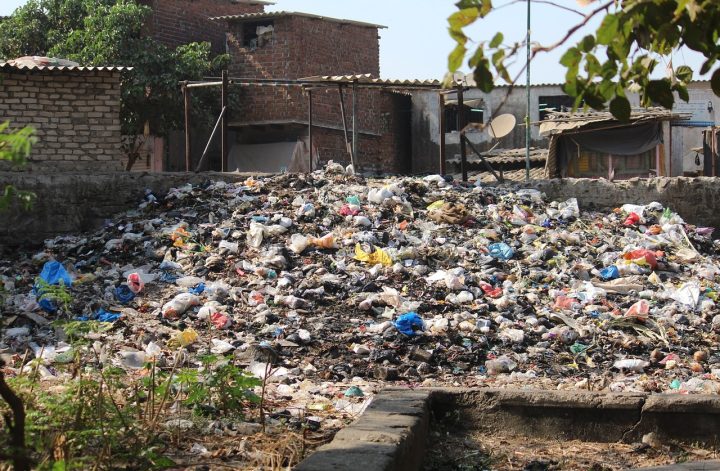

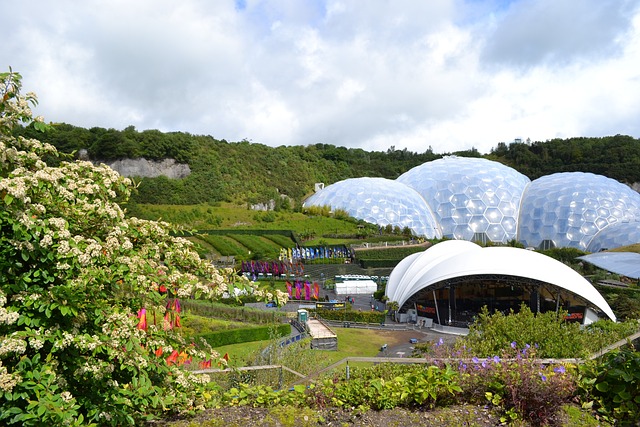
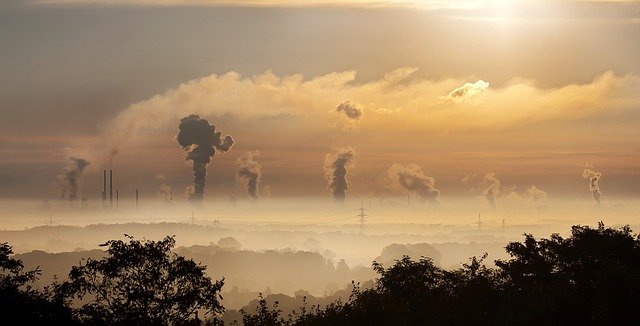
1 Comment
The garbage problem in Karachi is too bad! I don’t know why government does not pay heed to this issue. In Karachi garbage is everywhere. Nice post btw!